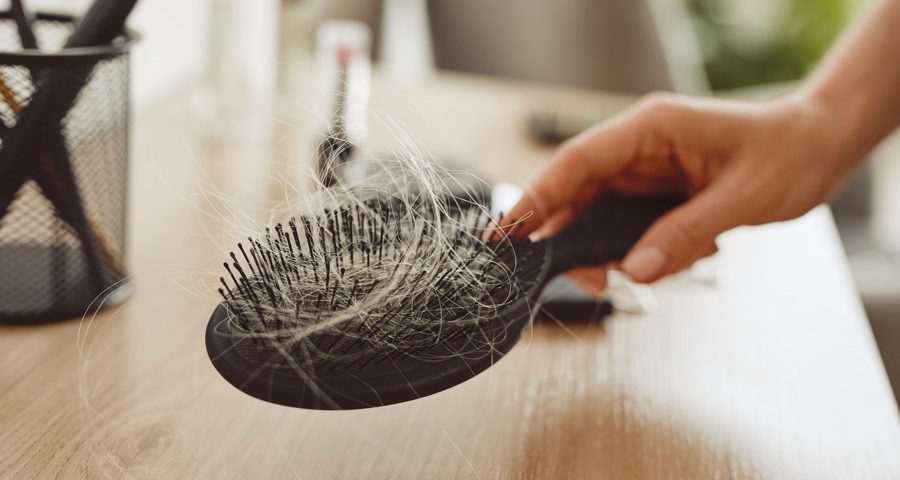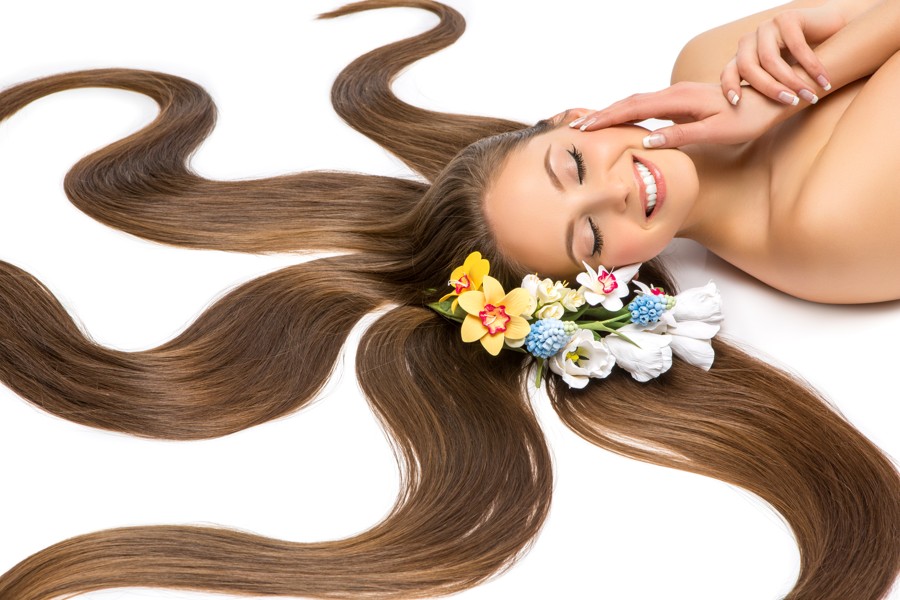Can You Prevent Chemotherapy Hair Loss?

Brave Barbers – introducing Life After the Beard
25 October 2020
How To Pick The Best Hairstyle That Suits You?
26 October 2020Hair loss from chemotherapy is a common side-effect of the process. But because it is a very visual part of the process, it is also often said to be one of the most distressing ones.
So why does it happen? And is there any way to prevent it?
Let’s find out:
Why is one of chemotherapy’s side effects hair loss?
Not all chemotherapy causes hair loss. Different drugs or dosages can cause hair to thin, fall out or remain unaffected.
It’s also possible that hair may appear to be unaffected but then fall out later on – after the second cycle of chemotherapy, for instance. It can be a swift or slow process.
But, when it happens, it is because chemotherapy’s effectiveness at eliminating cancer cells isn’t limited to just that clear target. Other cells in the body can be affected too.
Cells which divide rapidly – such as hair follicle cells – are particularly susceptible.
Does hair come back after treatment?
Almost certainly, yes.
It is a very rare case indeed where hair won’t start growing back in around three to six months after the final chemotherapy treatment is over. Some people might even notice it growing back while their chemotherapy is happening.
It’s worth noting though, that when hair grows back it can be curlier or less curly, a slightly different colour or have a slightly different texture than it did before.
The prevention of hair loss during chemotherapy
There is no certain way to get guaranteed chemotherapy hair loss prevention. However, there are several techniques currently being used:
1) Scalp hypothermia
Scalp cooling caps, as they are more commonly known, are placed on a person’s head while they’re undergoing chemotherapy. The idea is that chemotherapy drugs won’t reach the scalp in quantity because the flow of blood is slowed dramatically.
Effectiveness: scalp cooling caps have been found to have at least some positive effect when it comes to the prevention of hair loss during chemotherapy for most people during clinical trials.
Side-effects: there is a small risk of cancer returning to the scalp precisely because the chemotherapy drugs don’t reach it as well. The caps are also likely to cause headaches and leave users uncomfortably cold.
2) Minoxidil (Rogaine)
This involves Minoxidil, a drug approved for hair loss, being used during and after chemotherapy.
Effectiveness: may speed up hair regrowth after treatment is over but won’t stop it from falling out.
Side-effects: usual Minoxidil side-effects include severe scalp irritation, chest pains, headaches and several others.
Natural ways to prevent hair loss during chemotherapy
Technically, there aren’t any natural ways to prevent hair loss during chemotherapy. But there are certainly natural ways to keep the associated distress to a minimum:
Gentle hair care – no heating the hair with blow dryers or curling tongues or colouring, bleaching or perming it. Using a soft brush if brushing is necessary is a good idea, as is washing – only when absolutely necessary – using a soft shampoo.
Consider shorter hair – deciding to go with a shorter head of hair in a preferred style can make it less of a shock if and when hair does start falling out. Shorter hair also usually looks thicker than longer hair. When hair does start to fall out, many people recommend shaving it off entirely as this prevents irritation.
Cover up – people who don’t normally have short hair might consider a head covering of some kind. Sunscreen is particularly important. The scalp will be exposed to sunlight or cold air and needs to be protected. A covering may also keep those unused to short hair warmer and more comfortable.
Finally, when it comes to accepting or preventing chemotherapy hair loss, it’s important to be patient.
Hair will almost certainly grow back given enough time. Don’t rush it. Maintaining a gentle hair care regime is the most natural way to do it.


